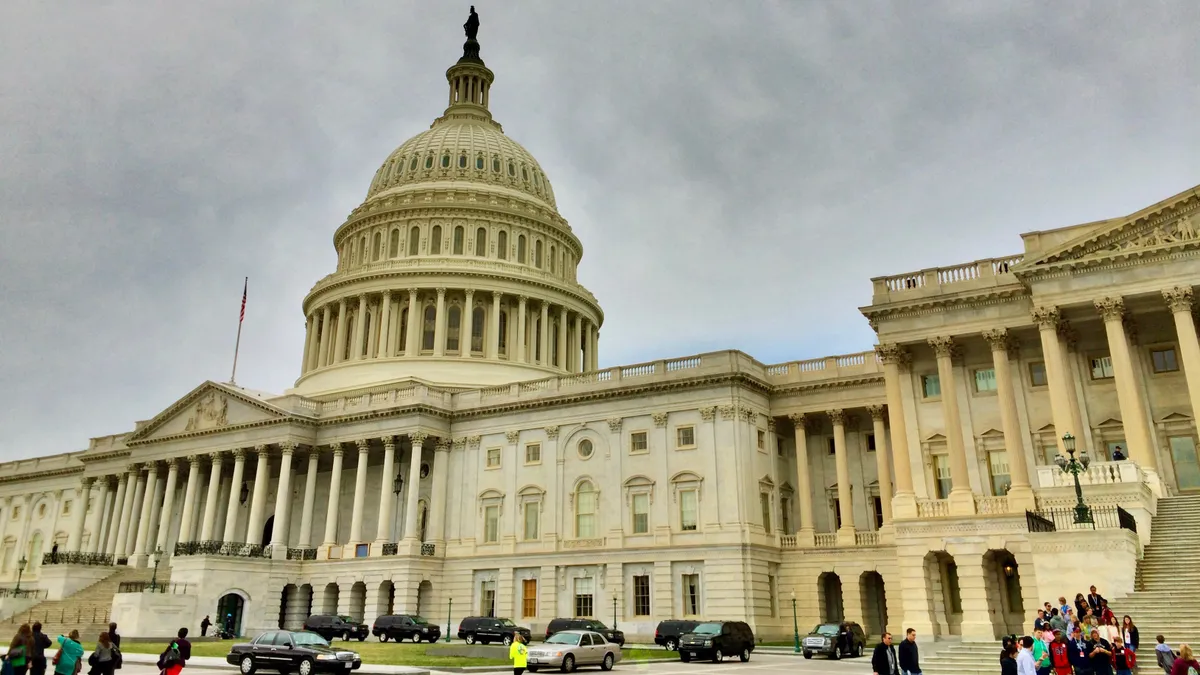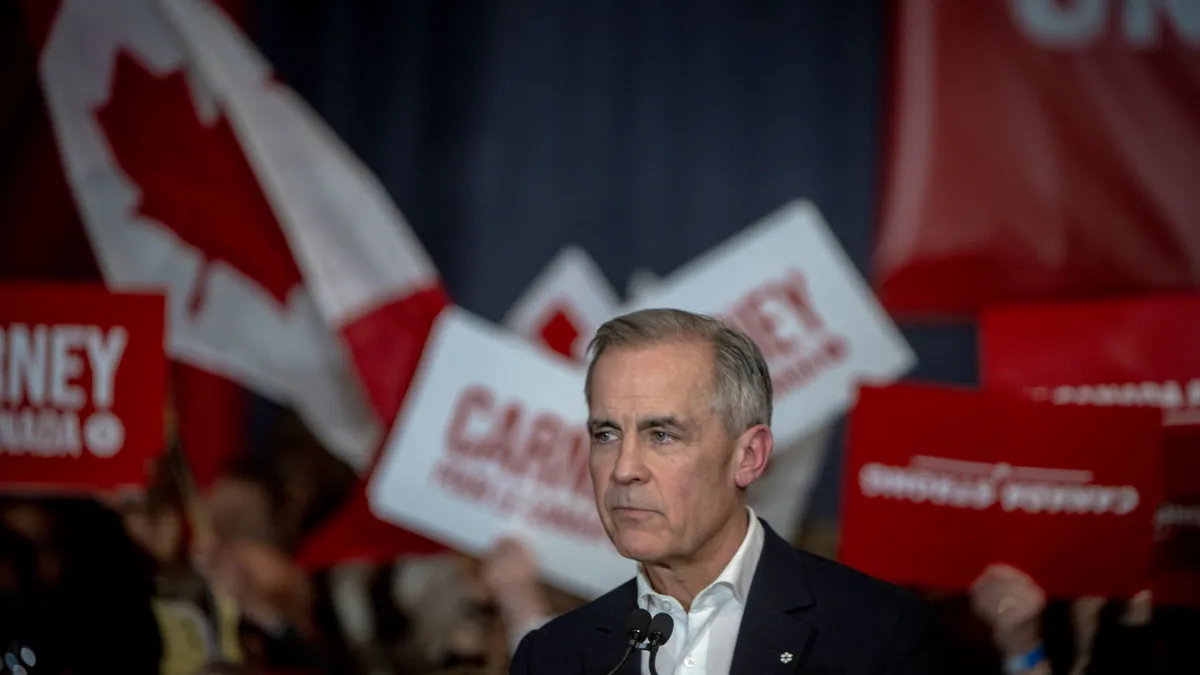Presidents Donald Trump and Barack Obama made infrastructure initiatives central goals of their administrations, as President-elect Joe Biden has similarly pledged to do, only to be stymied at delivering on those promises.
Infrastructure stakeholders are wondering if Biden will also hit a wall with his promised package. The president-elect said his administration will invest $2 trillion into the economy, creating millions of jobs in infrastructure, housing, building construction and other projects.
"He's looking for a multitrillion-dollar infrastructure bill that includes a broad definition of infrastructure, whether it's surface transportation, aviation, waterfront, Army Corps, civil works, flood control mitigation projects, clean drinking water, renewable energy projects, K-12 public school construction or broadband," said Jimmy Christianson, vice president of government relations at the Associated General Contractors of America. "There's a lot in there."
Biden will take office facing a deeply divided Congress. But some believe that lawmakers may have done Biden a favor before the election, when they punted on passing a new highway bill and chose instead to extend the Fixing America’s Surface Transportation Act until Oct. 1, 2021.
An article in the Capitol Hill publication Roll Call makes the case that the necessity of re-addressing the FAST Act during Biden’s first year in office could provide a path toward achieving the bipartisan consensus he campaigned on, while finally getting a meaningful infrastructure package through Congress.
"It’s no secret to anybody that President-elect Biden has long been an advocate of infrastructure," John Porcari, an adviser to the Biden-Harris campaign and former deputy secretary of Transportation under Obama, told Roll Call. "He feels it in his bones."
The possibility of an increased infrastructure rollout under the new administration in a still deeply divided capital has also been reflected in interviews with Beltway insiders who spoke with Transport Dive sister publication Construction Dive before the election.
For example, Christianson said in October that, regardless of which party was in control in Congress and the White House, there could be a singular opportunity in 2021 to achieve some infrastructure and construction-friendly wins.
"Given the pandemic that we're in, and the emergency that we're in, and with the next election over two years away, there would probably be an opportunity to do some things in the first year that both sides can agree on before they get into their various corners," Christianson said.
He also noted that under the Trump administration, "our members were pretty disappointed in the fact that we did not get a big, beautiful infrastructure bill done."
Opportunities ahead?
But while conventional wisdom on the partisan divide in Washington forecasts more gridlock, Christianson pointed to recent examples of divided government actually passing legislation that was good for both sides as possible prologue to deals being struck now.
"I do think that there are opportunities in divided government, just as we saw with the CARES Act [Paycheck Protection Program]," he said, talking about the Coronavirus Aid, Relief and Economic Security Act. "It’s hard for me to give up hope that there’s still a possibility to get things done."
Similarly, Associated Builders and Contractors CEO Mike Bellaman told Construction Dive before the election that if the balance of power in Washington remained fairly equitable across the executive and legislative branches, it could send a signal to lawmakers that they need a dialogue.
"I would like to think that in a balance-of-power government, where at least one branch is Democrat and the other Republican, that that sends a message to the leadership that says we want you to work together to do what's best for the American people," Bellaman said. "To help job creators create jobs, and give the people the opportunity to pursue their career dreams."
Infrastructure, he said, could be a part of that dual approach.
"Everybody wants to get an infrastructure bill done sometime in the next presidential term," Bellaman said.
Whether Biden can use the current environment to his advantage — and to the benefit of infrastructure contractors — remains to be seen. It will depend on how the political winds shift leading up to, and after, the inauguration.
"Everyone agrees on the problem," Christianson said. "But in Washington, nothing’s ever simple, and you rarely get broad agreement on the solution."






















